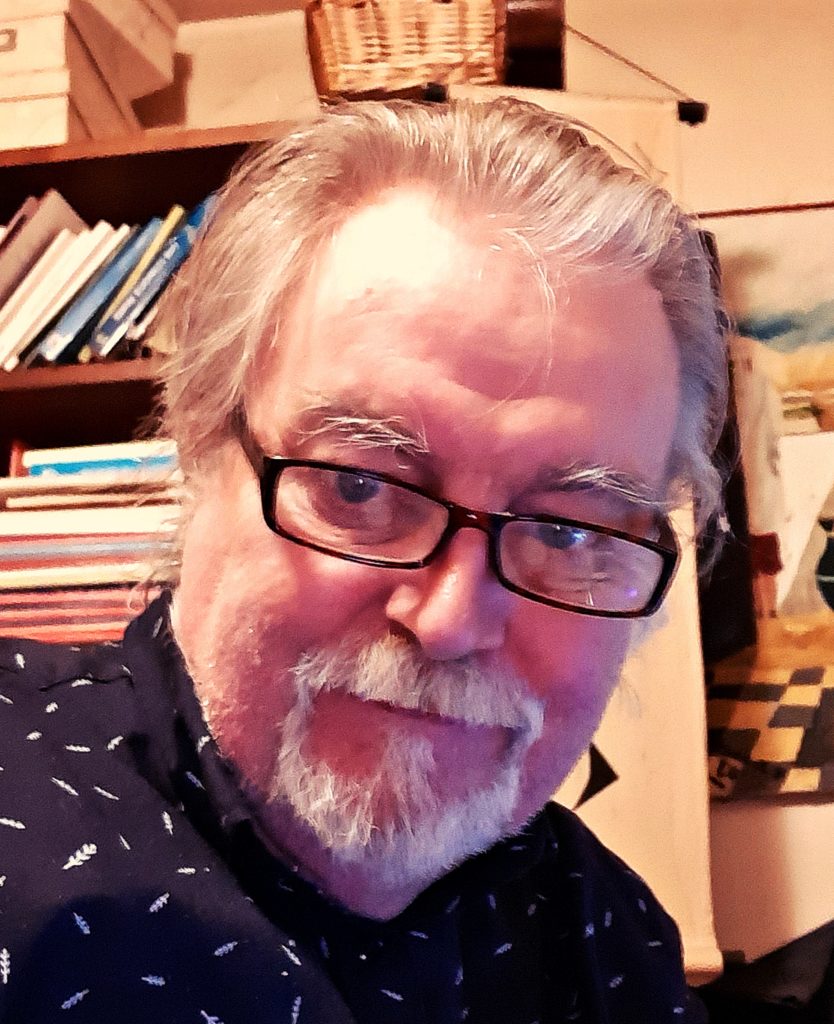As we enter a new year Fred Johnston shares his insights on Irish Poetry
We’re at the beginning of a new decade and new things are to be anticipated. Books Ireland goes online, having carried the flag for Irish poetry in print format for many years, keeping up with new publications as well as a variety of changes in the poetry landscape. We have lost important poets whose absence will be felt by poetry-lovers and practitioners, notably and most recently Belfast-born Ciaran Carson. New and young poets have taken tentative steps onto the poetry stage with their first collections, while the ‘elder lemons’ of the art have continued to surprise us with new work and to invigorate and boost us with their ongoing commitment.
New poetry publishers have emerged, full of a new energy, such as Galway’s Doire Press, who spiced up their collections with important countrywide poetry tours, while rugged presses such as Belfast’s Lapwing have continued resourcefully to produce work. Anthologies have been born—some controversial, some predictable in content. The Irish Times continues a solid poetry commitment by publishing new and veteran poets each Saturday. Literary journals throughout the island continue to showcase new work, and such journals, one might argue, infuse the poetry world with a special vitality. Broadcast media have engaged with fresh poetry collections with reviews and interviews. There is a sense overall that Irish poetry is maintaining a lively and vivid presence.
This is all very well, of course, but an interrogation of our poetry and what it means—if anything—to be an Irish poet these days is as necessary as ever. Some might argue that the poetry world has become commercialised by a proliferation of literary festivals and that some poets seem to exercise themselves as much with networking and securing festival gigs as they do perfecting their art. Grants, competition awards and commendations stand out as the ‘glittering prizes’ in a competitive poetry world where who one knows is allegedly more relevant than how well one writes. And there is the hoary trope that one can attend one’s first poetry workshop on Monday, bring out a first collection on Wednesday and be teaching poetry come Friday, so frenzied has the poetry world become. Is there any truth behind this? Is the flattering untruth still being preached that anyone can become a poet, that we are all poets? Has poetry become devalued? Is poetry just another industry, with all the vices and egotisms of industry? Is it really all about marketing?
And what, one might ask, is the duty of the poetry reviewer and the critic? How is this influenced when a reviewer is also a poet? Shouldn’t poet-reviewers always declare their possible interest or their conflicts of interest when they sit to judge a fellow poet? Isn’t this itself a duty to the reading public? Is everything advertised as poetry really poetry? Have critics become rather too cowed under the retort of ‘Who are you to say this isn’t poetry?’
It is to be hoped that poetry always asks questions and that questions are always asked of poetry. A philosophy of ‘anything goes’ is not conducive to poetry’s health. We should look forward enthusiastically to the new poetry of a new decade, mindful that poetry readers deserve a truthfulness, a vindication, that only a fervent commitment to poetry can bring.
Fred Johnston, January 2020

Fred Johnston is a poet, novelist and short-story writer, and founder of the annual Cúirt festival of literature in Galway.











